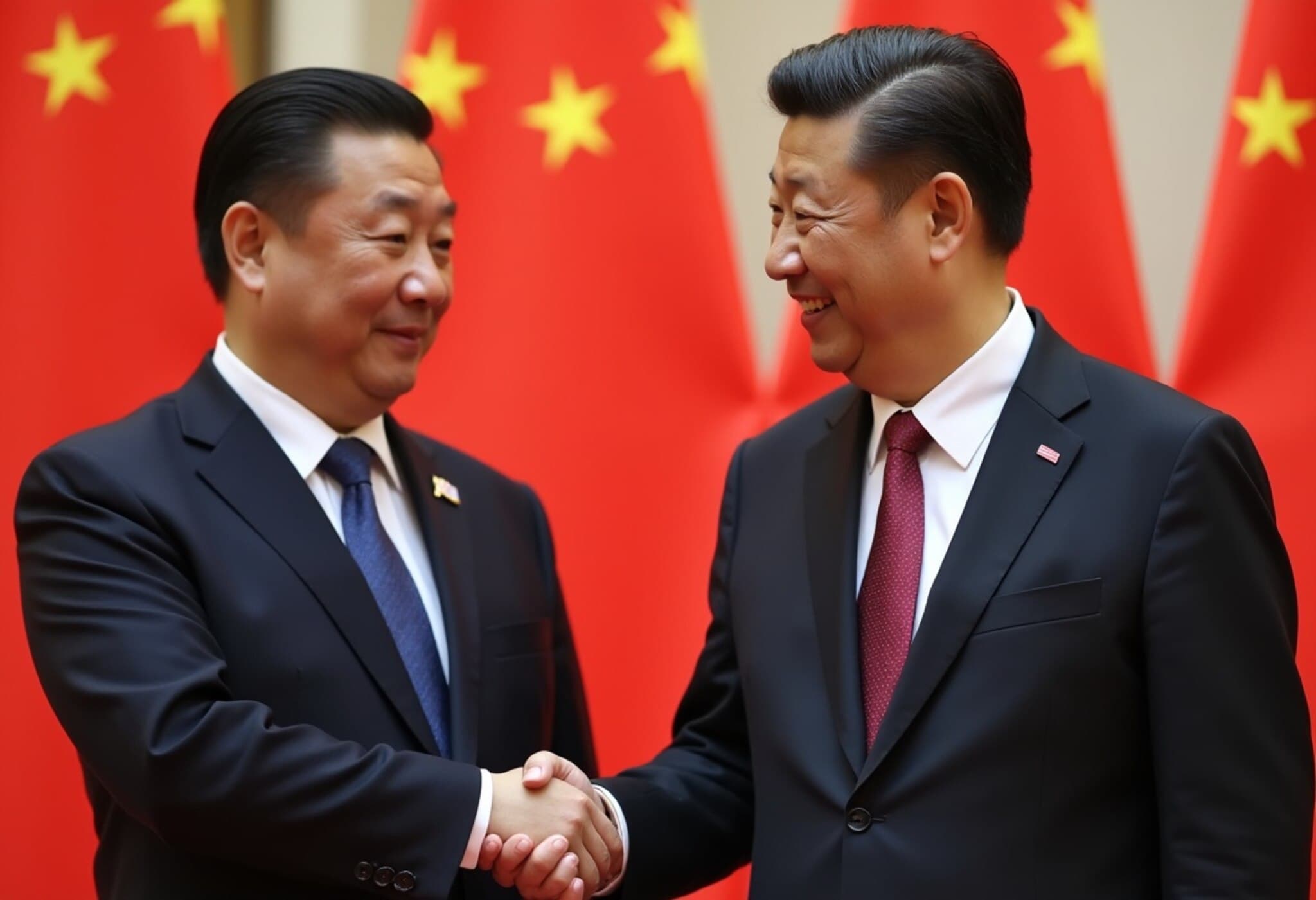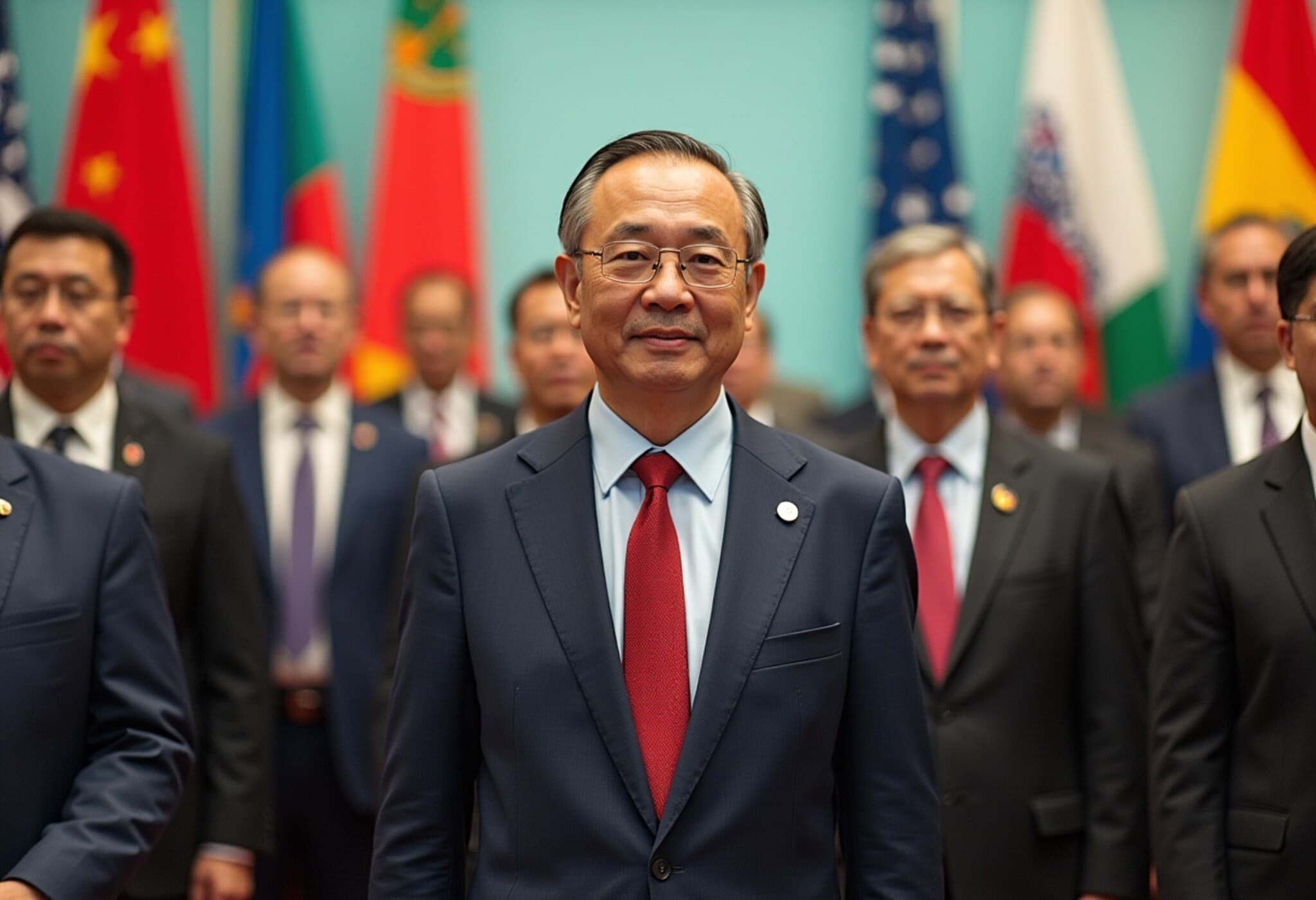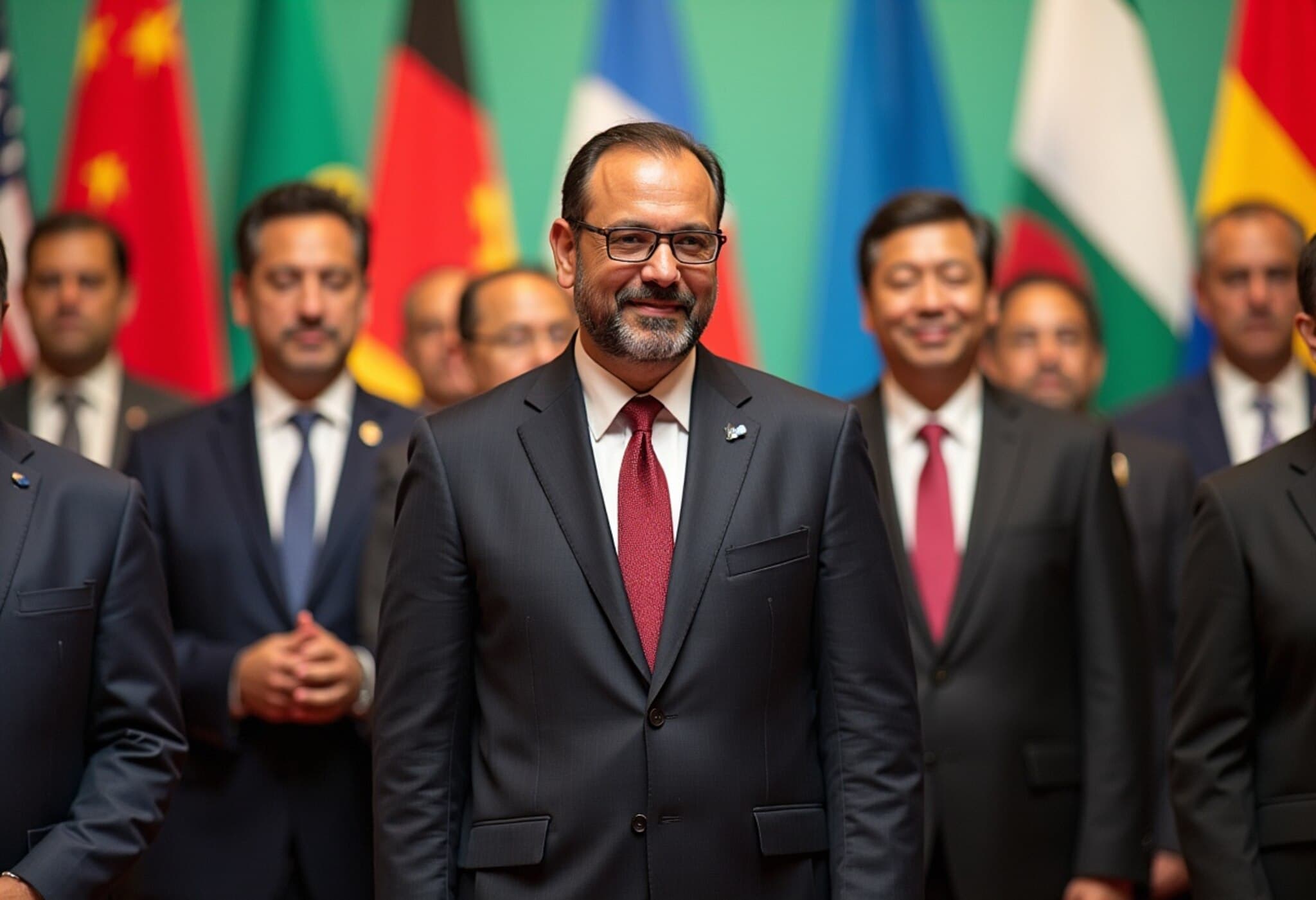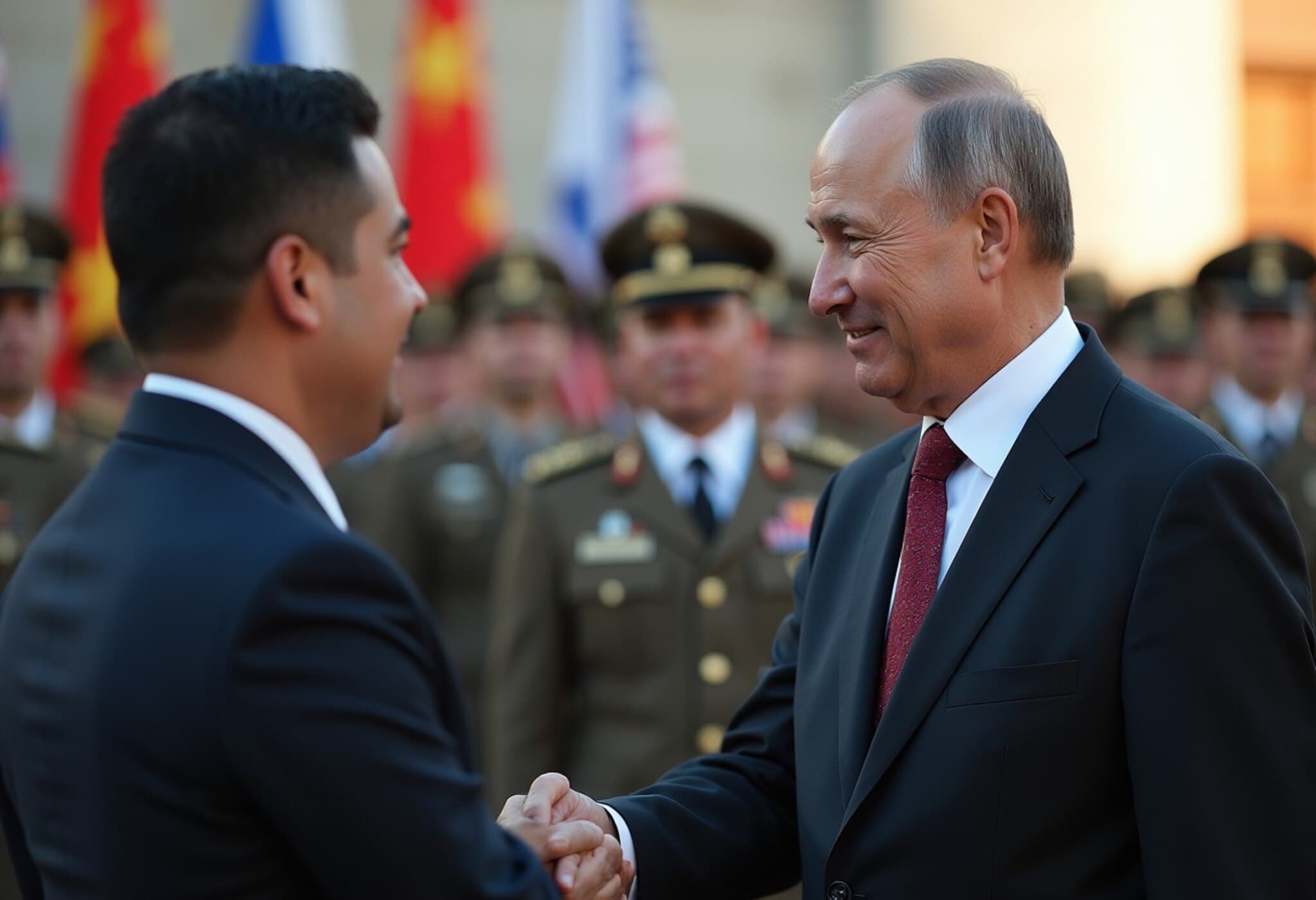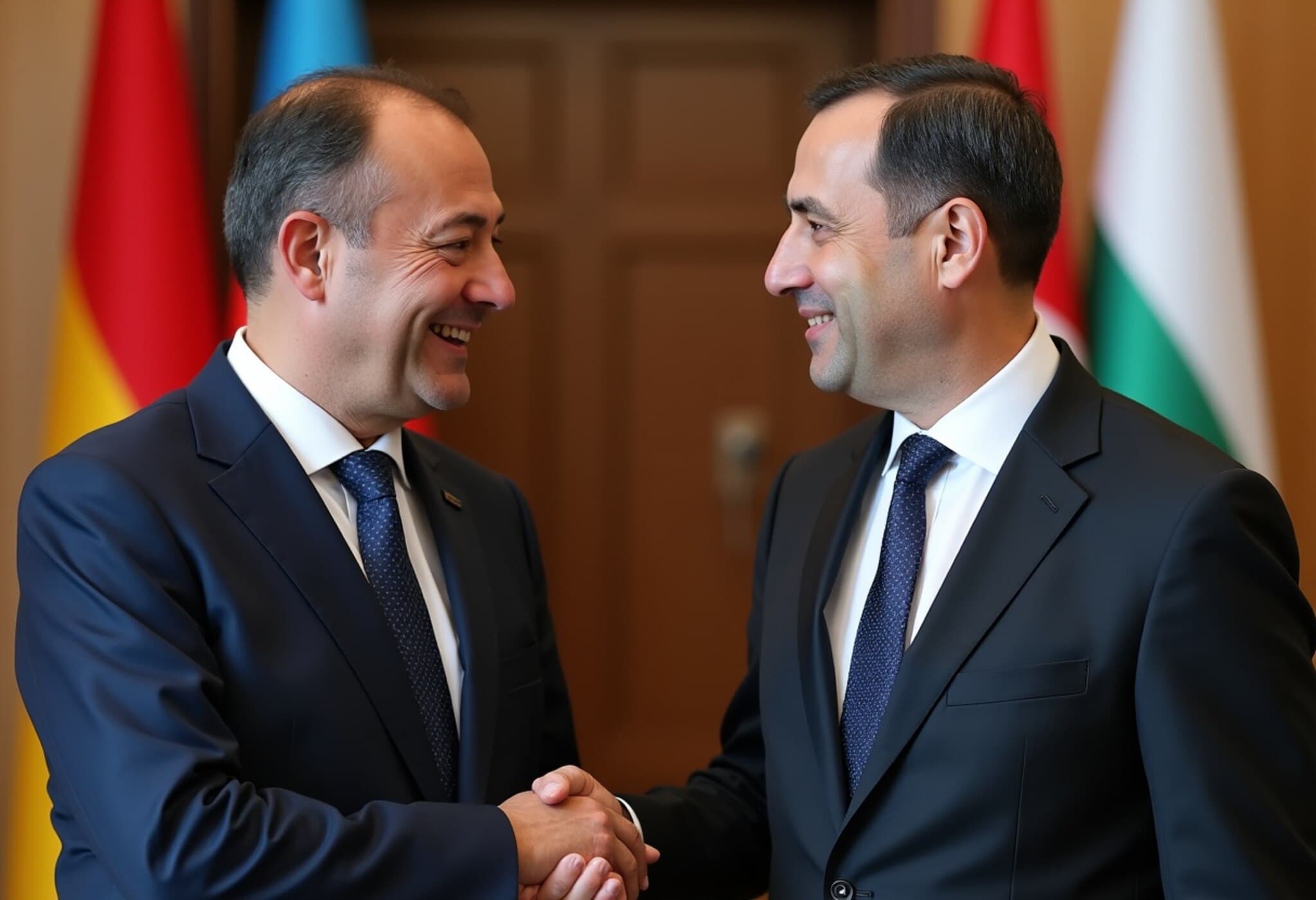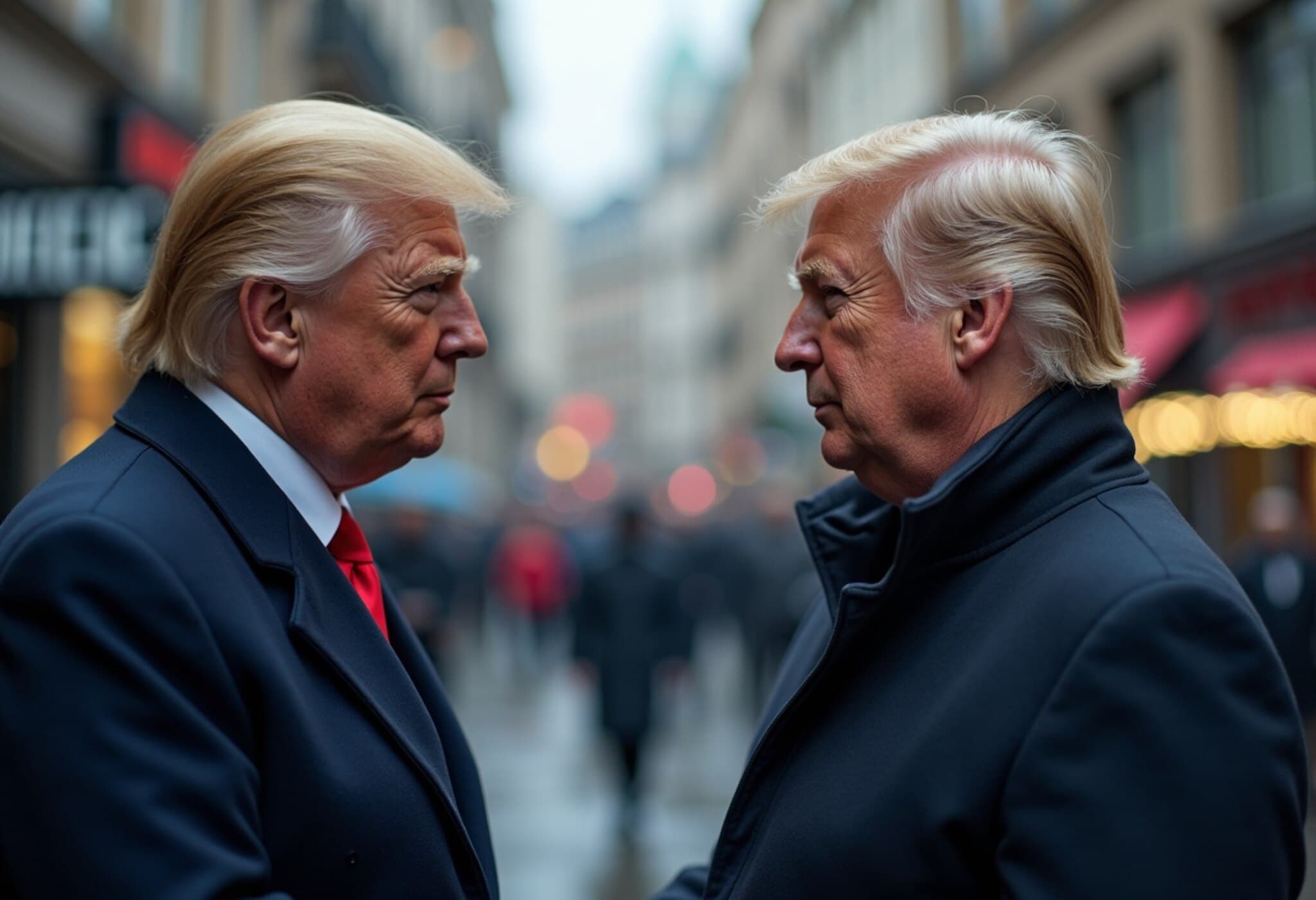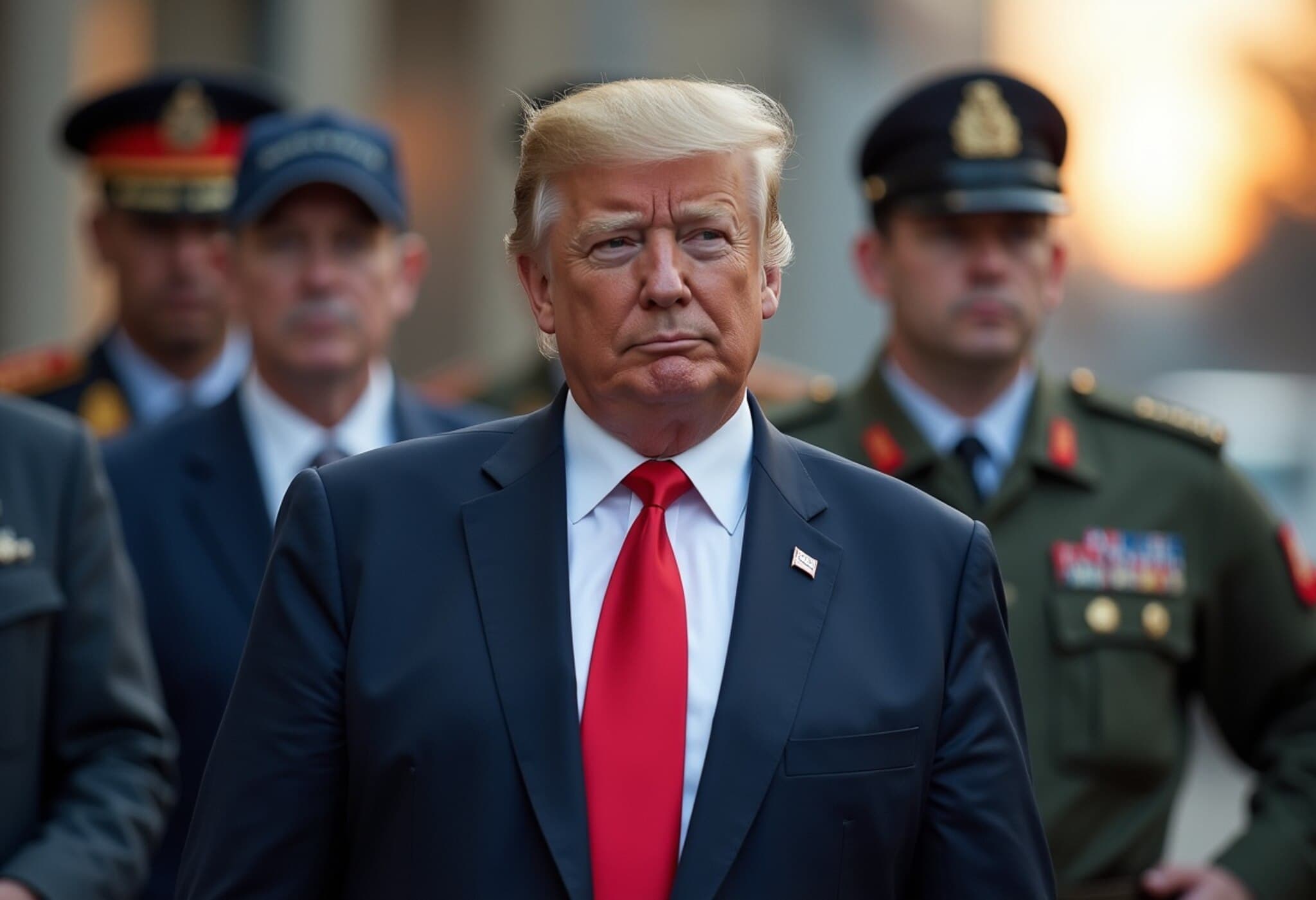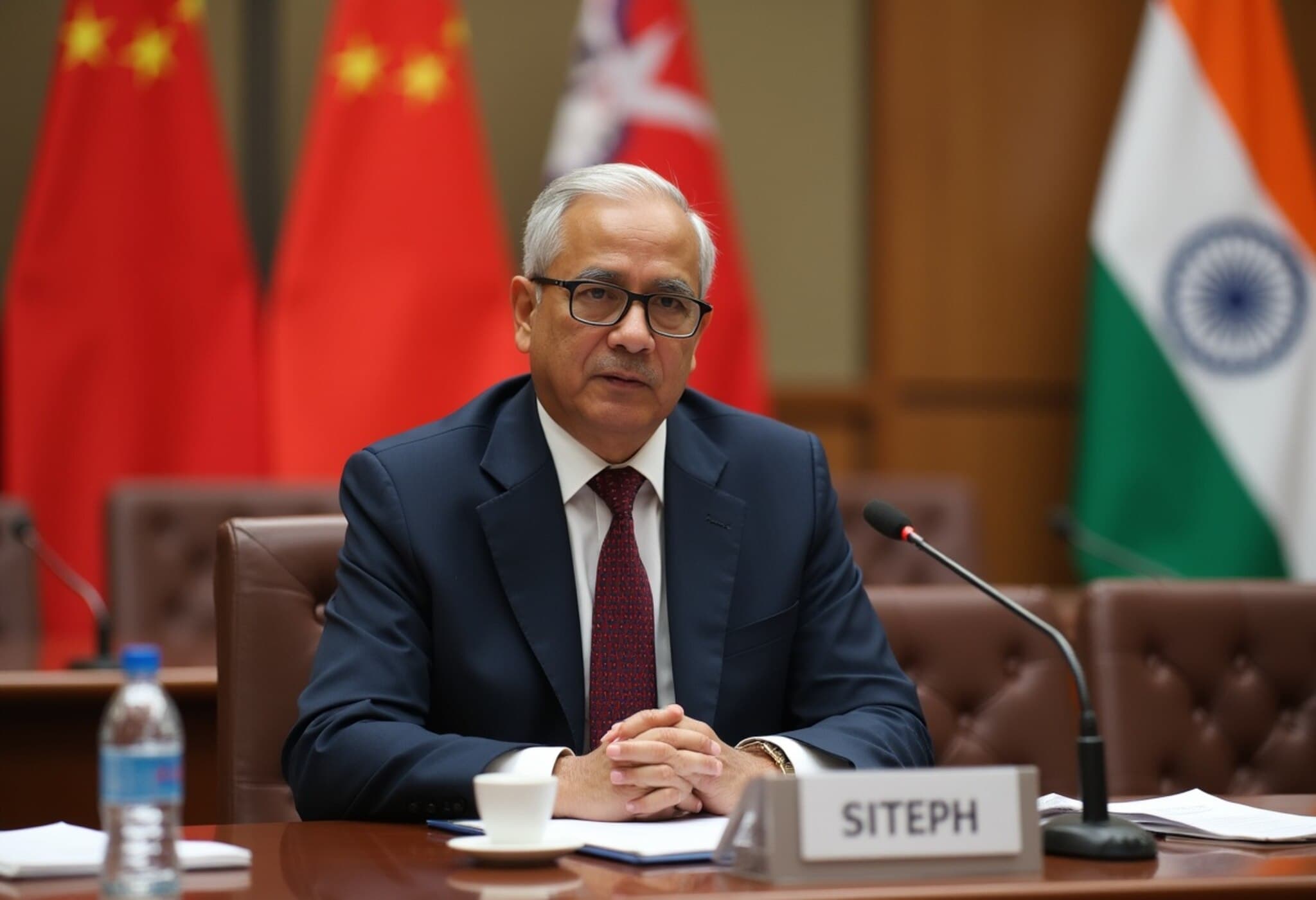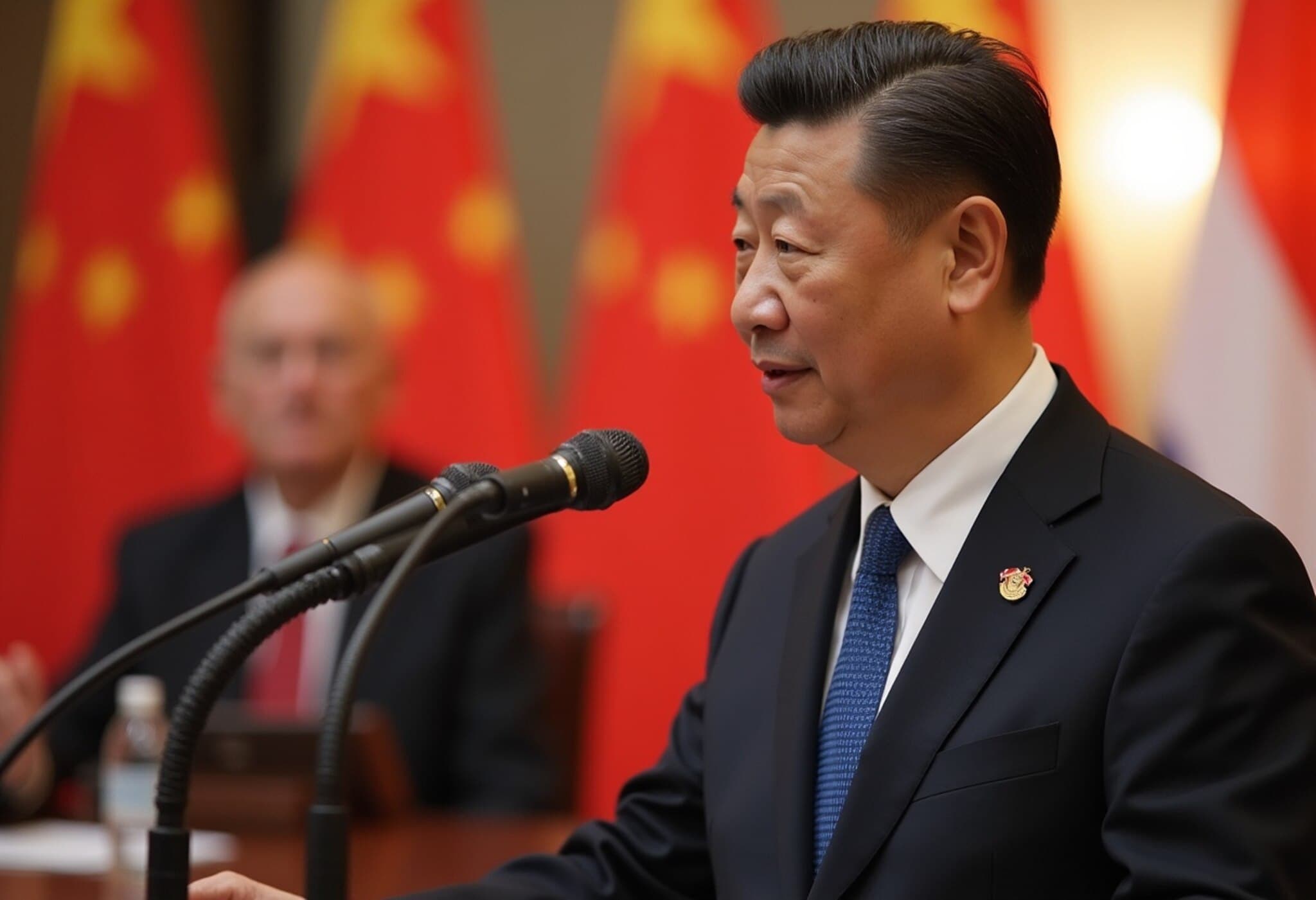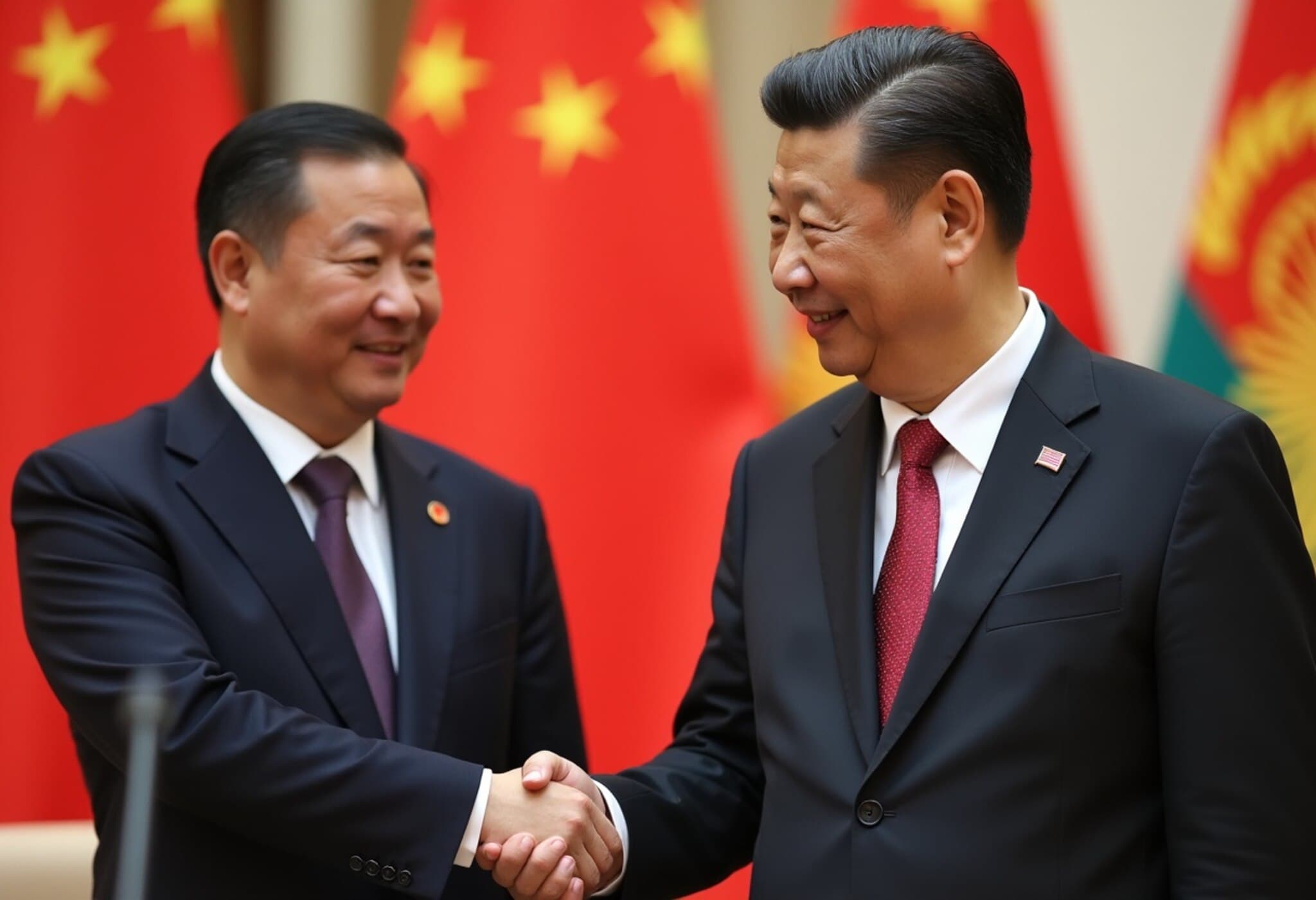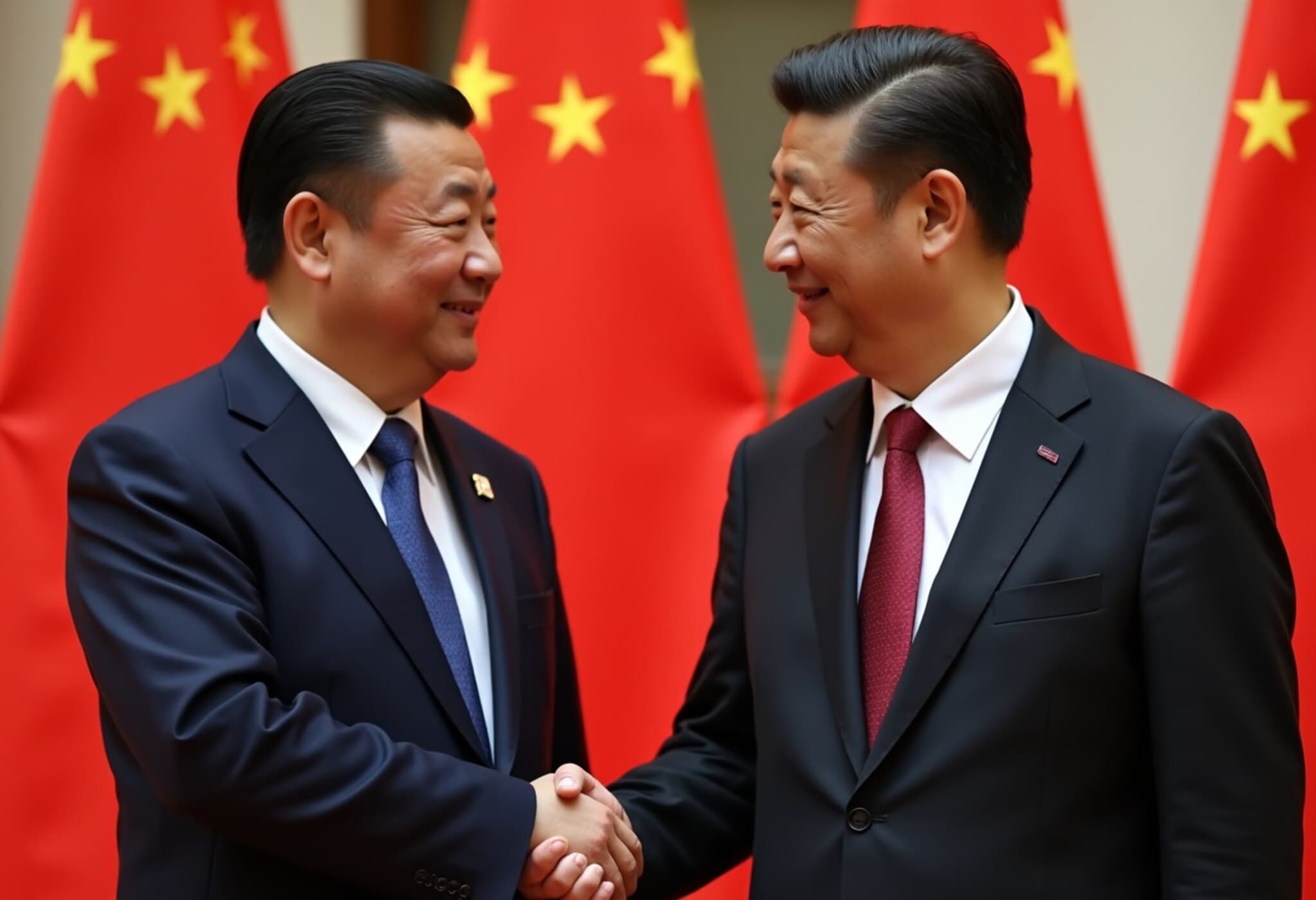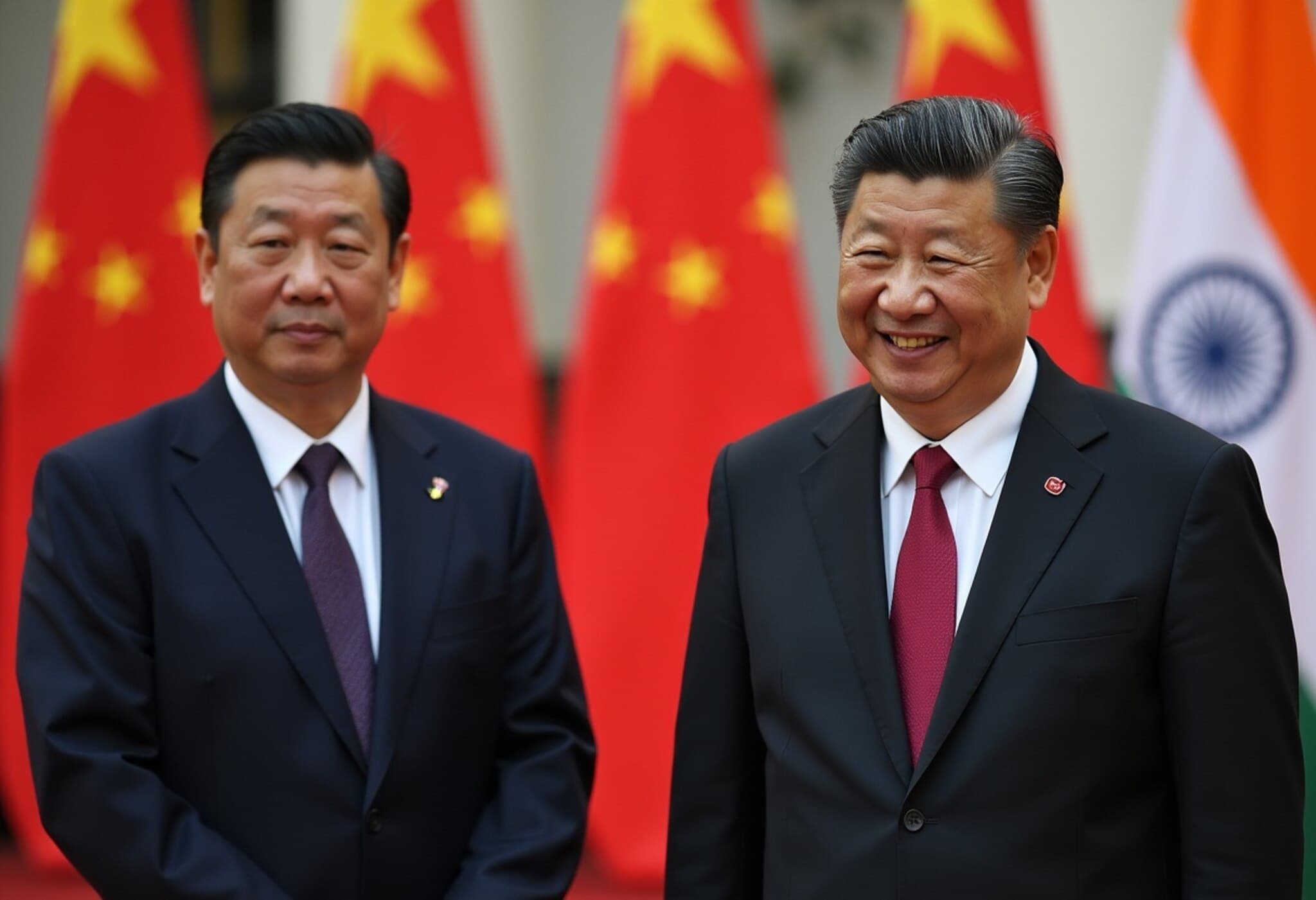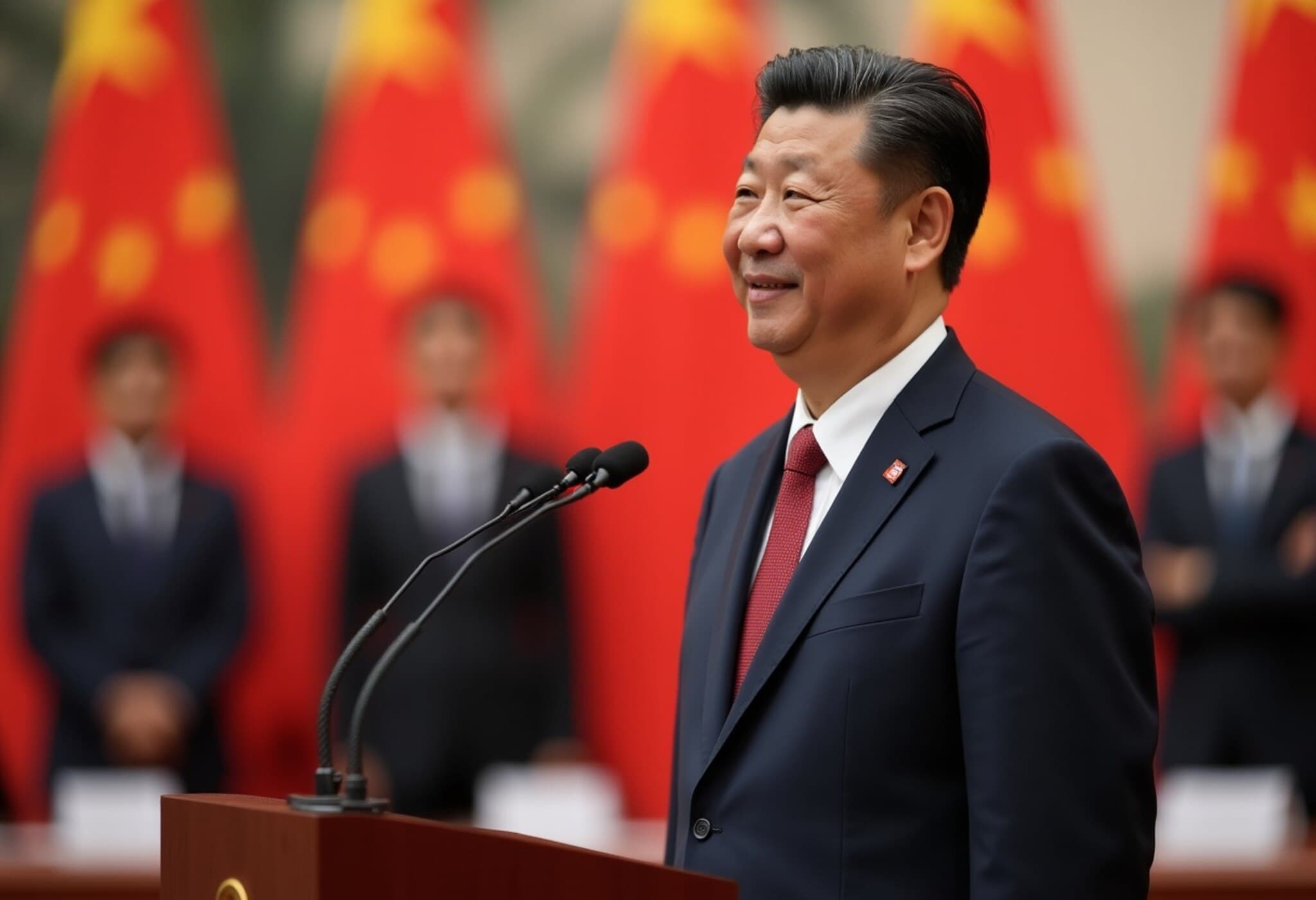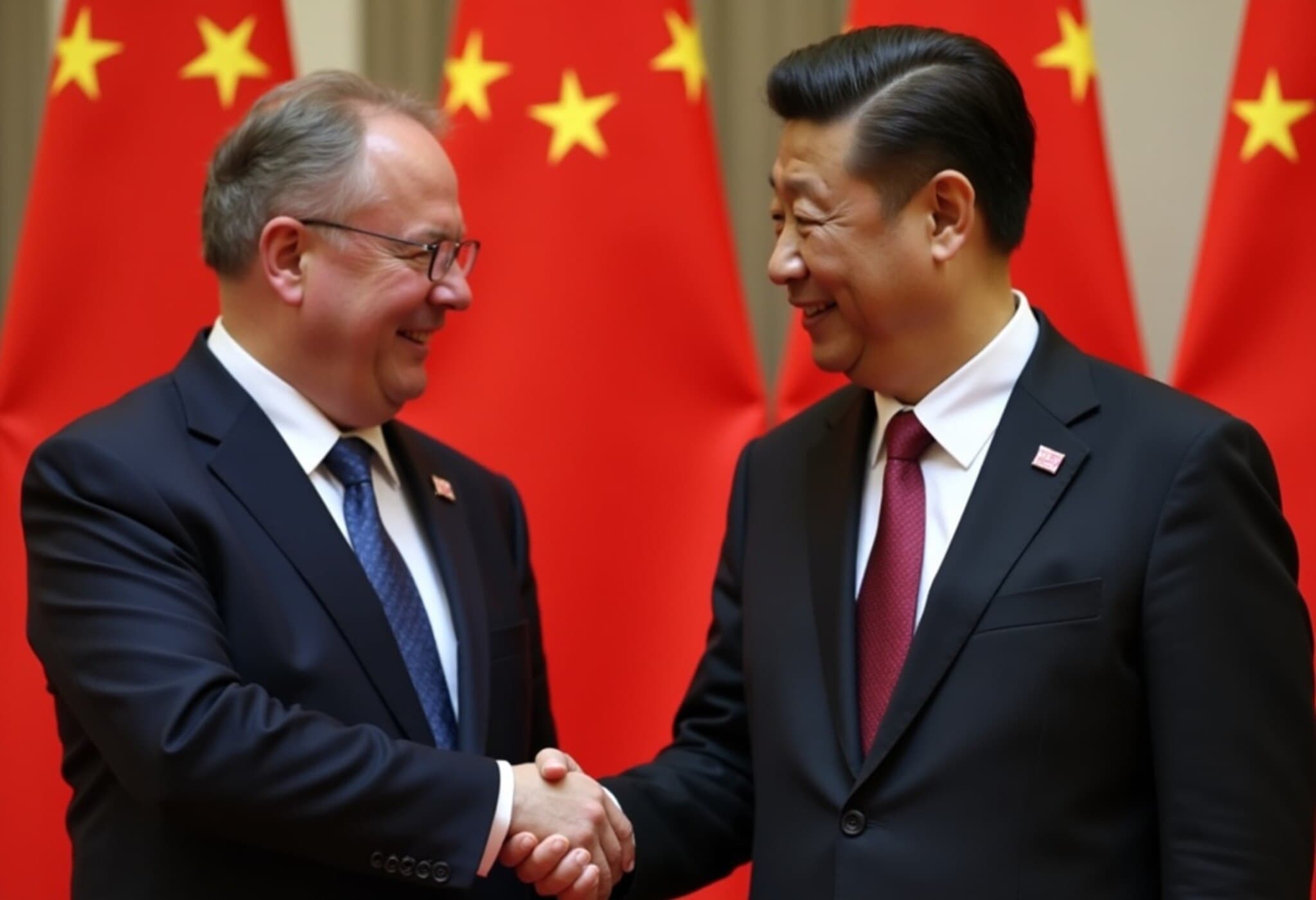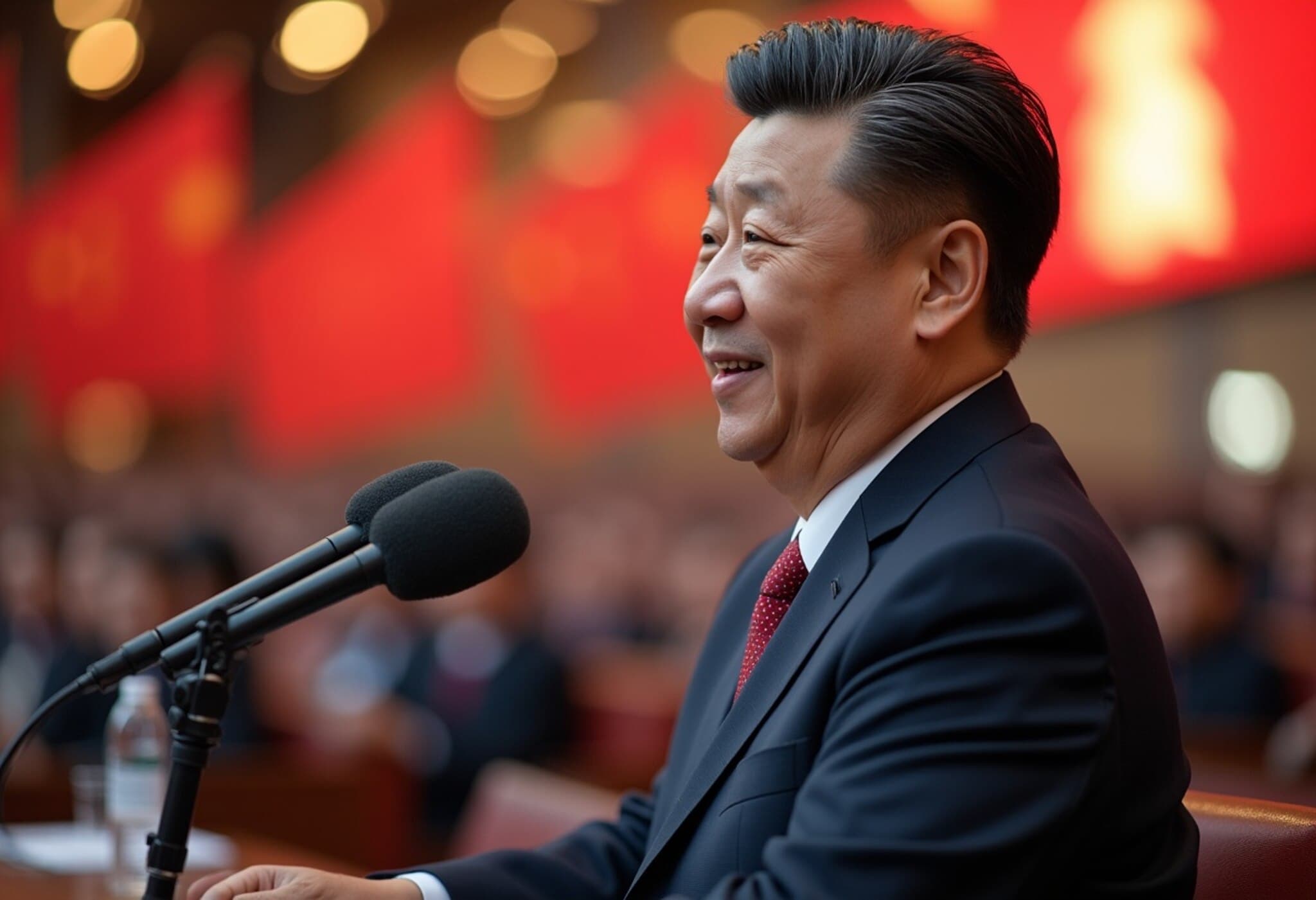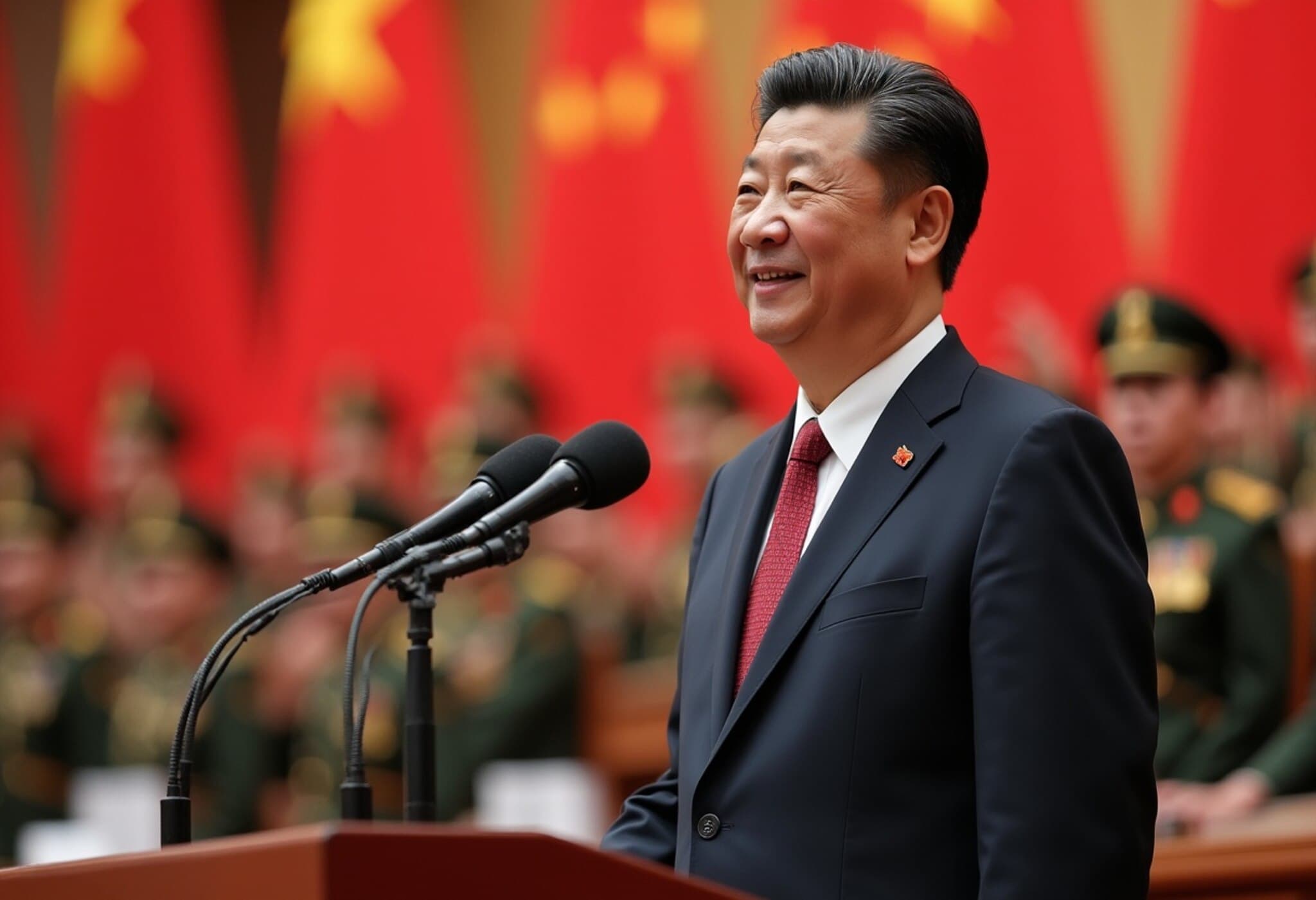Xi Jinping’s Strategic Move: Shifting the China-EU Summit to Beijing
In a subtle yet significant diplomatic pivot, Chinese President Xi Jinping successfully orchestrated the relocation of this year’s China-EU Summit from its usual venue in Brussels to the Great Hall of the People in Beijing. The summit, held on July 24, 2025, marked the 25th meeting between the two economic giants, setting the stage for a high-stakes dialogue amidst deep-seated disagreements.
Underlying Discords Shadowing the Summit
Despite the venue change symbolizing China’s influence in agenda-setting, it does not guarantee Xi’s entire diplomatic agenda will come to fruition. European leaders, prominently European Commission President Ursula von der Leyen, openly acknowledged the complex and fractious issues that permeate the relationship. As von der Leyen remarked, the EU demands "real solutions" rather than platitudes, signaling persistent skepticism.
Trade Tensions and Economic Disputes
- Dumping Allegations: Brussels has long accused Beijing of unfairly subsidizing and flooding European markets with artificially cheap goods—including automobiles—undermining European industry.
- Tariff Stalemates: China seeks relaxation of EU tariffs on key products such as electric vehicles; the EU, however, remains resolute in protecting its industrial base amid global trade volatile climates, especially in light of previous U.S. trade confrontations.
Geopolitical Fault Lines: Ukraine and Russia
One of the most stubborn divisions lies in the response to Russia’s ongoing invasion of Ukraine. The EU maintains robust support for Ukraine’s sovereignty and seeks pathways to a diplomatic resolution that respects Ukraine’s territorial integrity. Conversely, China continues to provide implicit backing for Vladimir Putin’s government, creating a geopolitical rift that colors bilateral relations.
Summit Atmosphere: Signals of Strain But Also Cooperation
The summit was notably downgraded from a planned two-day event to a single day, reflecting the growing diplomatic frostiness. Earlier economic and trade dialogues scheduled to precede the summit were also canceled by the EU, a clear sign of mounting tensions. Notably, China’s initial refusal to host the summit in Brussels catalyzed the relocation, underscoring Beijing’s growing confidence in reshaping diplomatic settings.
Yet, amid friction, there are also cautious signs of collaboration:
- China recently lifted sanctions targeting select EU policymakers and eased tariffs affecting French cognac producers.
- Cooperation emerged during recent climate talks, where both sides showed willingness to engage constructively.
- Discussions reportedly may include accelerated export licenses for critical minerals vital to the EU’s green transition efforts.
Expert Analysis: What Lies Ahead for China-EU Relations?
As a seasoned policy analyst specializing in international trade and geopolitical dynamics, this summit highlights a classic case of diplomatic horse-trading. Xi’s success in shifting the venue signals China’s ambition to lead the narrative, but entrenched differences ensure any breakthrough will be incremental at best.
The EU’s insistence on safeguarding its economic interests while grappling with values-based foreign policy—especially on human rights and support for Ukraine—reflects the wider challenges the bloc faces in balancing realpolitik with principles. China's unwavering support for Russia adds complexity, diminishing prospects for unified international pressure.
American perspectives are also relevant here: as the U.S. continues to view China as a strategic competitor, the EU’s delicate balancing act between economic interdependence and geopolitical alignment will intensify. The summit can be seen as a microcosm of broader global tensions shaping the 21st-century order.
Looking Beyond the Summit: The Road Ahead
While no sweeping agreements are anticipated, the summit may conclude with modest, pragmatic statements aimed at stabilizing strategic competition. Joint commitments to avoid disruptive unilateral trade policies, implicitly referencing former U.S. trade disruptions, could emerge.
The real question remains whether such summits can transcend symbolic gestures and lead to substantive cooperation that manages differences while fostering mutual benefit—an outcome vital not only for China and the EU but for global economic stability and the geopolitical architecture.
Editor’s Note
The China-EU summit’s relocation from Brussels to Beijing symbolizes more than just geography—it encapsulates a moment of shifting diplomatic confidence and unresolved tensions. As economic interdependence deepens, so do structural disagreements and geopolitical divides. Readers should consider how these developments affect global trade, alliance structures, and the balance between economic pragmatism and ethical foreign policy. Will strategic patience prevail, or are we witnessing the slow unraveling of a pivotal relationship shaping the 21st century?

